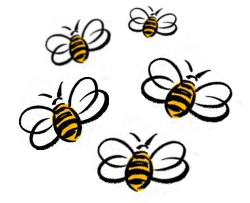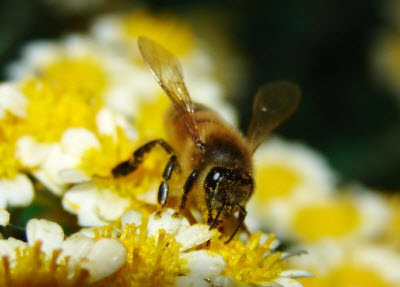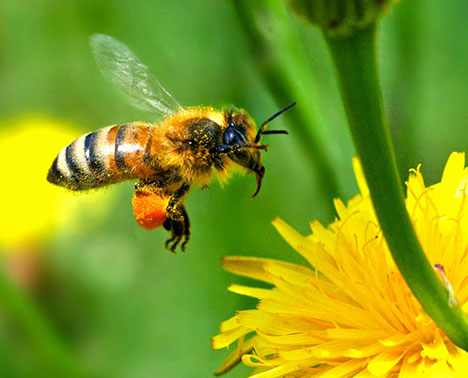Last week, superweeds and GMOs were on the minds of many U.S. lawmakers. Reports continued on growing pesticide resistance. Bee colony collapse problem grows. EPA considers giving environmental justice a chance. EU approved more GM maize imports, while a GMO-Free Europe conference nears. And more.
|
|
|||
|
A 13-state survey of honey bee pests and diseases that will help USDA scientists to determine the factors that may be contributing to the decline of honey bee colonies nationwide. Recent research from USDA points to a correlation between a fungus and a family of viruses that may be working together to cause the Colony Collapse Disorder in honeybees. Many still believe, however, that other causes such as pesticide use in agriculture and GMOs that produce pesticides, also play a role in the collapse. The British Beekeepers’ Association is moving away from cash sponsorship deals with pesticide manufacturers after concerns that the chemicals may be harmful to bees. The Association is looking for other sources of funding. According to TimesOnline, bee numbers in Britain are down 54 per cent in 20 years. A new study by Penn State University found widespread and remarkably high level pesticide and other toxicant contamination of bee hives. The study sheds light on how modern day agriculture contributes to Colony Collapse Disorder. Barry B. Benson from the Bee Movie, might have been right after all - bees have a reason to sue humans, more than one reason. Honey bee population faces a dire reality in the United States. Since the major honey bee die-offs have started 3 years ago, some areas have seen deaths of 30-90% of bee colonies each winter. |
|||
|
 |
|||



